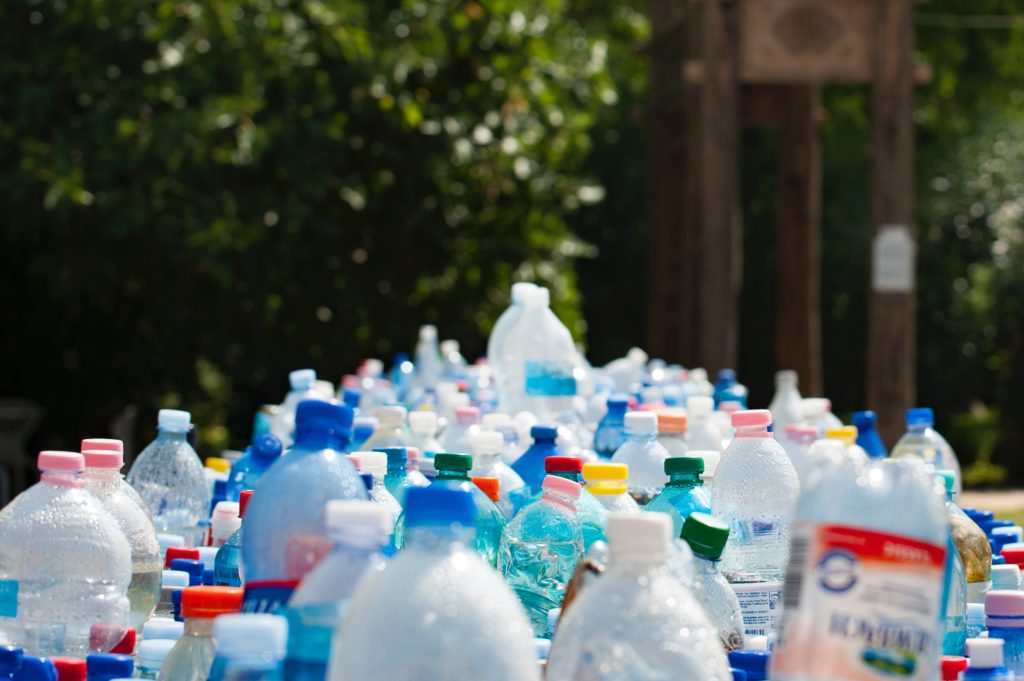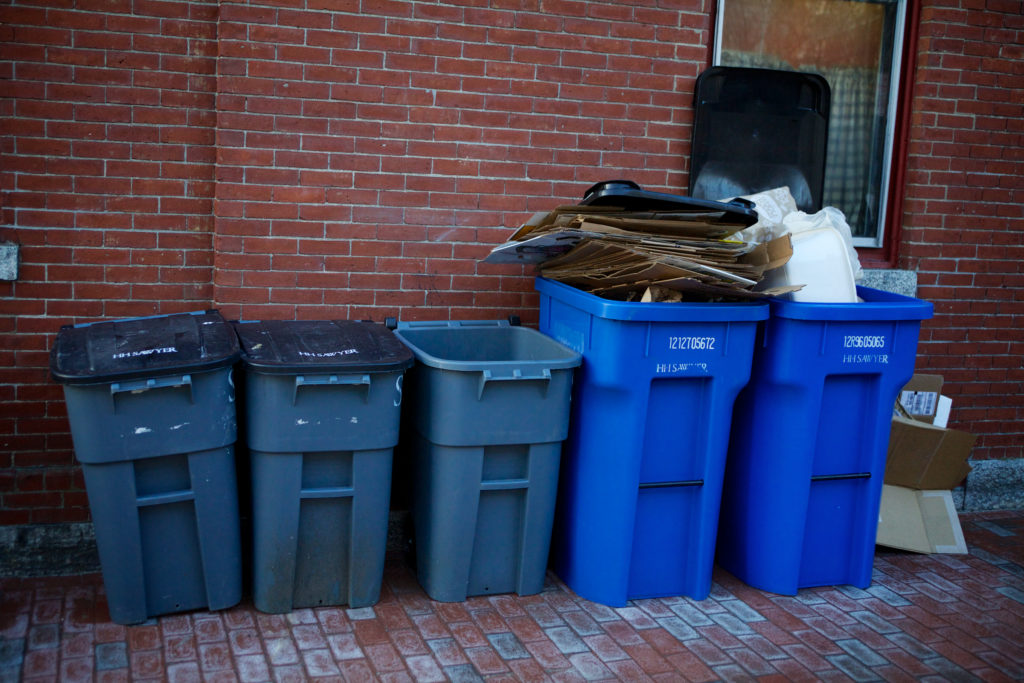People more likely to recycle when they know where recycled material goes
New research is shedding light on what might make people more likely to recycle. Could changing the message increase recycling?

What motivates people to take the extra step to put recyclable waste in a separate bin from the trash? New research shows that consumers may find the concept of saving the trees less inspiring than the idea turning those used materials into something new and productive.
In July, researchers from Penn State University and Boston College will publish new research in the Journal of Marketing which shows that helping consumers think about what recycled products become inspires consumers to recycle more.
“Usually, people are not sure what happens to their trash,” said Gergana Nenkov, associate professor of marketing at Boston College’s Carroll School of Management. “This information opens their mind to new possibilities about recycling. It’s sort of an ‘aha’ moment that motivates to do something, to dispose of their trash in a more sustainable way.”
Over the course of about four years, the research team conducted six studies: three in the lab, and three in the field.
In one of the lab studies, participants were asked to dispose of scratch paper. Those who saw a recycling message that either showed the paper being transformed into new paper or a novelty product (in this case, a guitar) recycled nearly 30 percent more than participants who saw a generic recycling message.
In fact, the boost in recycling was equivalent for both the messaging about paper and the guitar. Another one of the lab studies compared three messages about recycling and found that messages that focus on the transformation of the product inspires people to recycle, even when the new product itself isn’t named.
“Initially, we thought it might be some sort of novelty effect but we found that it doesn’t have to be some crazy, rare product that is made from recycled materials,” said Karen Page Winterich, professor of marketing at the Penn State Smeal College of Business and co-author of the study. “It can be fairly straightforward.”
Consumers are inspired by this transformation narrative even when they are not actively recycling. The remaining lab study showed that participants who viewed advertisements that indicated that products were made from recycled plastic items were more likely to recycle than those who viewed advertisements for products that only mention the company that produced the product engages in recycling practices generally.
“Even seeing that in a product increased motivation,” Winterich said. “Companies can be hesitant to communicate about using recycled products. Maybe they’re afraid consumers will question the product quality, but in a situation where they can kind of broadcast it, that will actually make it more salient in consumers’ minds how recyclables are used.”
Presenting information about the transformation of the product also led consumers to seek out more information about recycling in general. One of the field studies involved a Google Ads campaign for a jeans recycling program showed that the ad that focused on what the jeans become after they are recycled was clicked on more often than the general recycling advertisement.
“People tend to click more on the ad that had the transformation information,” Nenkov said. “It seems like when you tell people what their jeans could be made into, they’re more willing to recycle their jeans.”

The study showed the same results in real-time. University students were over 10 percent more likely to recycle when signs at the residence hall waste collection stations showed what recycled materials could become. A final field study conducted at a university football game tailgate showed that partying fans were almost three times more likely to recycle after being told what products could be made from their recycled cans and containers.
“[The university] already has a student going around talking about recycling. We tweaked the message a little to get an impact,” Winterich said. “It’s not a hard message to incorporate. This is an easy way to move the needle in the right direction.”
The findings change the way that government, corporate and nonprofit entities think about the ways they talk about recycling.
“A lot of ads or messages [about recycling] are about ‘save the trees,’ ‘save the Earth,’ ‘save the planet’ — this very general, abstract kind of messaging,” Winterich said. “There is a disconnect for consumers. It’s just not quite as tangible [about] what impact can I really have at the individual level.”
The results of the research also encourage a positive approach, which is in line with other psychological research that shows negative messaging is less effective than positive incentives.
“A lot of the emphasis [in recycling messaging] has been on avoiding negative outcomes,” Nenkov said. “This puts a different spin on the messaging. It’s not about avoiding negatives, but it is more about the possibility of something positive that can happen in the future..”
The results of the study can inform your personal motivation strategy as well. If you are ever having trouble motivating yourself to clean your recyclable food containers or take the recycling bin to the curb, remind yourself of all the potential of your recycled materials to turn into something new.

Most of the people never knew the importance of proper segregation of waste and the things that can still be recycled. Back when I was a child, we used to collect empty jars of stick-o and we use them for plants. Thanks for the reminder in your article that all potential recycled materials can turn into something useable in the future. Cheers!